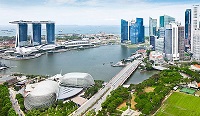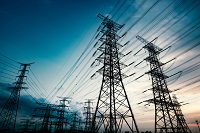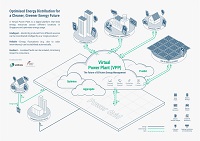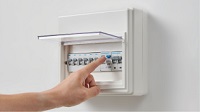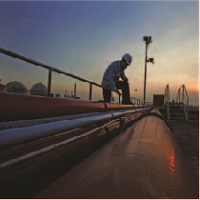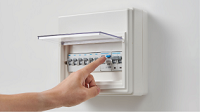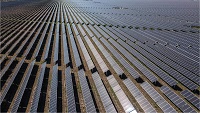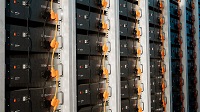We thank Mr Christopher Leong for his letter “Give incentives for households to switch to solar energy” (Oct 19).
Solar energy is Singapore’s most viable renewable energy source, and the Government is committed to maximising the use of solar power.
In a liberalised electricity market, the Energy Market Authority (EMA) maintains a level playing field for all industry players, and does not provide subsidies or incentives for any form of power generation.
Home owners with solar panels installed can enjoy cost savings by using solar to offset their electricity consumption and selling excess energy back to the grid. Excess solar power from these homes is exported to the grid in the day, while electricity is usually consumed from the grid at night. Home owners are paid for the exported electricity.
EMA has two payment schemes for solar exports. Under the Simplified Credit Treatment scheme, consumers buying electricity directly from SP Group receive payments at the tariff rate, less the grid charge. This is because the grid charge comprises electricity infrastructure maintenance and electricity transportation costs incurred by SP Group, not by the household exporting electricity.
Under the Enhanced Central Intermediary Scheme, consumers buying electricity from retailers are paid at the prevailing half-hourly wholesale electricity price. This is the same payment that all electricity generators receive.
EMA has simplified the application process and more details can be found at https://www.ema.gov.sg/consumer-information/solar/solar-installation-guide
To qualify for Renewable Energy Credits, a household must resell a minimum 1 MWh of solar energy annually. This is achievable for most landed homes in Singapore as they generate around 10 MWh of solar electricity annually on average.
SP Group has to ensure safety and technical standards are met, as part of the application process. The customer’s licensed electrical worker (LEW) must satisfy these requirements. Under normal circumstances, on receiving the LEW’s application confirming all technical requirements are met, and the solar installation is ready to be turned on, SP Group will inspect and turn it on within 10 calendar days. The process is outlined in the solar installation guide on SP’s website.
EMA and SP Group are committed to supporting home owners in harnessing solar energy.
Toh Wee Khiang
Director, Hydrogen and Sustainable Energies Office
Energy Market Authority
Lee Chui Ping
Head, Operations
SP Services
Forum: Give Incentives for Households to Switch to Solar Energy
By: Christopher Leong
There are currently no incentives given to residential households to invest in and use solar energy. The transition to solar power is administered by SP Group, whose interest might not be aligned to households.
SP takes many weeks to approve each solar system installed before the household can use solar power. In the meantime, all the solar power is lost while waiting for SP’s approval.
SP buys unused solar power from households at 20 cents per kWh and resells it immediately for 27.74 cents per kWh.
The Renewable Energy Certificate (REC) is set at a minimum 10,000kWh of solar power resold into its grid per year before a household can get an REC.
Each REC is worth around $30. The minimum REC per household is set so high that most households with solar power cannot get the REC.
The Government must encourage households that are able to transition to solar energy to do so. It must put in place rules to prevent profit-driven entities from benefiting from those who make the effort to transition to clean energy.
Since the Government does not provide any form of incentive for this transition, it should at the minimum make SP charge households net energy used from the grid instead of the current gross charging system.
Approval for turning on of a solar energy system must be done within five working days. If SP is unable to meet this service standard, then some penalties should be imposed.
We must make maximum effort to have solar power generated within Singapore, as buying renewable energy from other countries comes with a host of issues and can become problematic, like the experience with our water supply.
